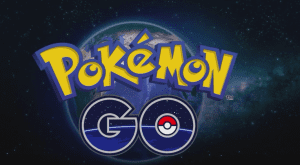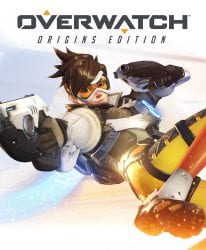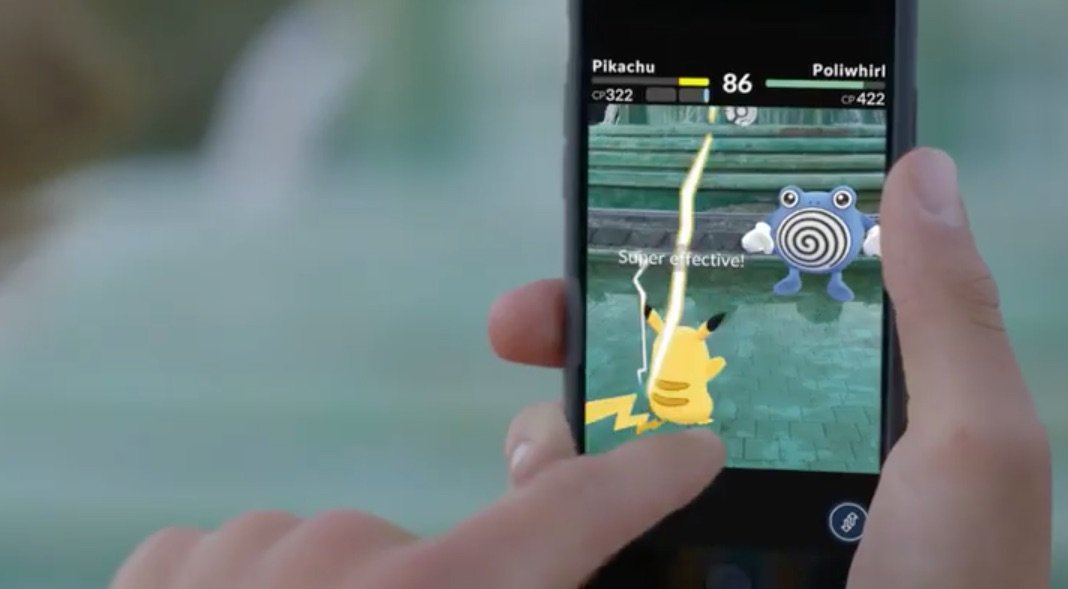Cheating, Copyright and Pokemon Go
#teammystic
 Two seemingly unrelated stories made headlines these past two weeks.
Two seemingly unrelated stories made headlines these past two weeks.
First, Blizzard filed a lawsuit against a company that makes cheats for the game Overwatch. Second, Nintendo started sending notices targeting pirated copies of Pokémon Go, despite the fact the game is free.
However, what they have in common is actually fairly simple: They’re indications of how the video game industry, and video game copyright enforcement, are changing.
In short, the shifting economics in the video game industry have changed the copyright battlefield. As the industry, on the whole, moves away from simply selling boxed copies and digital downloads, the copyright fight becomes less about traditional piracy and more about protecting gamer experience.
After all, DLC, microtransactions and subscriptions are incredibly lucrative, but the require that players continue to play the game for a longer period of time.
While that might seem to be a great deal for gamers, with companies taking a greater interest in player experience, it might not be such a great deal for customers. The reason being that gamers are moving from an ownership model for video games to a licensing and access one, with both the good and bad this brings.
But with this shift comes huge changes for video games, gamers and for copyright, all of which we’re looking at below.
Video Games and Piracy
 When it comes to piracy, video games have always been in a strange position. On consoles, video games have always been notoriously difficult to pirate, usually requiring modifications to the console itself before it could even play pirated games.
When it comes to piracy, video games have always been in a strange position. On consoles, video games have always been notoriously difficult to pirate, usually requiring modifications to the console itself before it could even play pirated games.
With the Digital Millennium Copyright Act of 1998, such modifications became illegal in and of themselves, adding still additional risk.
For PCs, however, piracy was always much easier. Whether it was copying physical disks or copying off the Internet, the non-proprietary hardware of PCs meant that piracy was much more straightforward.
No modifications to the computer were necessary. All that was needed was someone to crack the copy protection on the game itself.
It’s only been in recent months that anti-piracy technology has proved capable of limiting piracy in any meaningful way for PC games. Because of this, some companies delayed or even avoided releasing games on PC due to piracy concerns.
A similar fight has been happening on mobile devices. Apple, with its proprietary hardware and software, has much lower rates of piracy than Android.
One developer, who sold a game for $2.99 on iOS released the game later for Android for free but with ads. That’s because, he felt, with the piracy rates so high on Android, there was no other way to monetize the game.
However, Android’s piracy difficulties have had an impact on iOS. As developer Madfinger explained, they lowered the price of their game on iOS to avoid punishing players there for having a lower piracy rate.
But in the background of these fights over piracy has been an even larger industry shift. Across all platforms, downloadable content (DLC), microtransactions and subscriptions have been making an increasingly large percentage of the industry’s revenue. According to one study in 2014, free-to-play microtransactions make up 79% of U.S. app store revenues.
For many developers, this shift in revenue has also turned attention away traditional piracy enforcement. After all, when the initial sale, if there is one, is just a tiny percentage of the overall revenue, there’s less reason to defend it.
Instead the effort is now concentrated on protecting the aftermarket, where many developers have found much greater success.
Shifting the Copyright Fight
 For developers, this shift in focus also means a shift in copyright enforcement.
For developers, this shift in focus also means a shift in copyright enforcement.
Rather than focusing on preventing non-paying players from accessing the game, the objective now is to ensure that those who do don’t ruin the gaming experience for those who are willing to pay.
Pokémon Go is an excellent example of this. While it may not seem to make sense to send takedown notices regarding a free-to-download game, the makers of it have been very carefully releasing it country-by-country. This is both to ensure that the servers can handle the load (which they haven’t anyway), but also to avoid players getting negative experiences by downloading the game too soon.
In short, the move only makes sense if it’s to protect current and future players who might spend money on the game’s microtransactions.
For Overwatch, the situation is similar. The multiplayer nature of the game and the connection to a Blizzard account make traditional piracy more or less impossible. However, cheaters and those who sell cheats risk ruining the experience for other players, who will purchase microtransactions that will, most likely, make up much of the game’s revenue in the long run.
What this means is that video game makers, on the whole, are moving to a copyright strategy that mirrors their gaming strategy: Do whatever it takes to get gamers into the game and keep them there.
Mixed News for Gamers
For gamers, this ends up being mixed news.
Video games, for some time, have been following this trend. They’ve come more multi-player, more targeted toward microtransactions and more focused on a continued presence. Though single-player games can and do still succeed, as Fallout 4 and Witcher 3 show, the focus for most developers is on multiplayer and longevity.
In some ways, this is very good. The industry has a long history of shoveling bad video games onto disks and carts to sell for $50 a pop. The Angry Video Game Nerd series, for example, has made a point of lampooning many such games.
But the positives come with drawbacks. Though players still buy games, they no longer really own them in many cases. For example, gamers who bought a copy of City of Heroes can no longer play it, the game and its servers were shut down in 2012. The same fate has befallen many other games with players losing both time and money that they spent on the game.
Games have gone from something that players owned to something that that is merely accessed.
The business model is also raising ethical issues. Games centered around microtransactions can get up to 50% of their revenue from “whales”, or big-spending players. This can cause developers to create games that exploit and encourage such players at the expense of others.
Couple it with psychological techniques that encourage higher-spending and habit-forming, these games often cross the line between fun past time and problematic habit.
So while it’s good that developers are having to care more about the long-term experience of the game, that doesn’t mean that the move is altruistic in nature or that it will be for the benefit of gamers in the long run.
Bottom Line
There’s a strange symbiosis here. Piracy and copyright have impacted video games and now video games are having an impact on copyright.
At the core of games like Pokémon Go and Overwatch is still intellectual property. What’s changing is when and how companies choose to protect it. Finding it, in many cases, impractical to stop traditional piracy, video game makers have retreated to higher and more defensible ground, namely post-acquisition content.
Simply put, it’s easier to protect content that’s tethered to an account that you can control. Whether it’s coins, subscriptions or DLC, when the content resides on your servers, you can protect it much more easily.
But this doesn’t mean copyright enforcement goes away either. It’s just that, instead of focusing on potentially lost sales, the focus shifts to abuses of the game that could harm the experience for those who might pay for content.
Whether it’s targeting cheaters or those who want early access to a game, the goal is the same: Protect the game and its revenue stream from those who would harm it.
This is setting the stage for some very interesting copyright fights in the near future as new legal issues are raised.
Want to Reuse or Republish this Content?
If you want to feature this article in your site, classroom or elsewhere, just let us know! We usually grant permission within 24 hours.
